Roblox has a vast community of map creators who can generate substantial income for themselves (and the company), depending on the quality of their maps. However, alarm bells are ringing because children as young as 13 can partake in the system.
Understandably, users are concerned about the ethics of a structure where younger developers can invest their childhood hours into making a company worth over $23 billion even richer.
In a recent Eurogamer interview with Roblox boss Stefano Corazza at GDC in March, one question centered around the “reputation of Roblox.” The interviewer highlighted how, at the moment, the public may see Roblox as exploiting children, since they can make money for the company. The Roblox boss quickly retorted that people can “say that for a lot of things,” then explained the benefits of giving anyone around the world a chance at making income regardless of their circumstances.
Ultimately, the Roblox boss says the average Experience (game) developer is in their 20s, but in my view, that doesn’t negate the fact that minors are generating a steady cash flow for Roblox. With the sheer number of Experiences on the platform’s Discover page, plenty are seeing lucrative returns. Adopt Me!, for example, has nearly 36 billion visits at the time of writing.
Younger developers making money from Roblox isn’t all bad. It gives them a chance at entrepreneurship at an early age and can put food on the table for their families. With costs of living at an all-time high, ways to make extra money are always appreciated. The background work done by Roblox to ensure a suitable server hosting service for its Experiences also comes into play, and the company does have to see a return in some form—as long as it’s ethical.
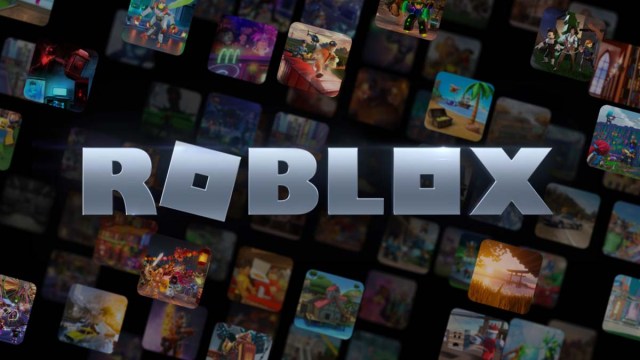
At the moment, though, only around 30 percent of revenue from game earnings is given back to developers, with 70 percent going to the Roblox company. This is where the problem lies: 70 percent is a major portion of revenue to miss out on, especially if a younger developer designs an excellent Experience that does most of the heavy lifting. It makes matters worse when these Experiences encourage players to spend the virtual paid currency, Robux. On top of this, Roblox recently allowed subscription models in creator games, and again, developers only get a 30 percent cut.
This isn’t the first time Roblox is facing criticism for its business practices, and it certainly won’t be the last. People Make Games on YouTube posted two videos dedicated to the subject, and the second was in response to Roblox pressuring the creators to take the first video down. This raises the age-old question: If there’s nothing to hide, why try to stop an investigation?
It often flies under the radar when developers commission each other externally to make Experiences, assets, clothes, and so forth in exchange for real cash. This system can easily run into the territory of exploitation—not by way of Roblox itself, but through the community, where minors can easily be taken advantage of. They’re far more likely to fall prey to scams than adult developers. One Roblox forum user/builder from 2020 notes “Truthfully, you’ll find yourself working for 1 Euro an hour or even less than that,” and it goes without saying how unethical this really is.
Toward the end of 2023, there was some positive news at the Roblox Developer Conference. It was announced that people who create assets and tools on the marketplace will soon be able to keep most of their revenue, except for processing fees and taxes, which is a major step in the right direction. With further changes like this, especially if developers get to keep a higher percentage of their game’s income, we could potentially see fewer complaints about Roblox’s business model.
Overall, Roblox continues to be a powerhouse of a virtual platform that will no doubt continue moving forward, and will hopefully take these learnings on-board. Earnings from Roblox are generally considered a “gift,” but gifts shouldn’t be making people concerned about child labor.


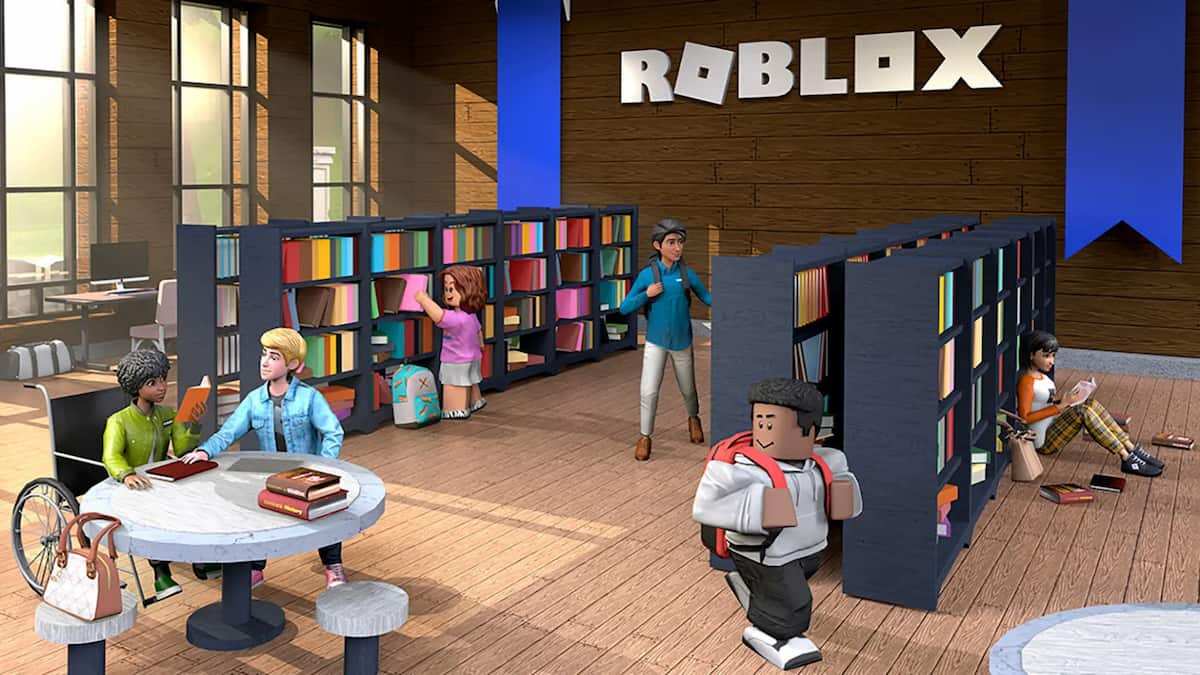

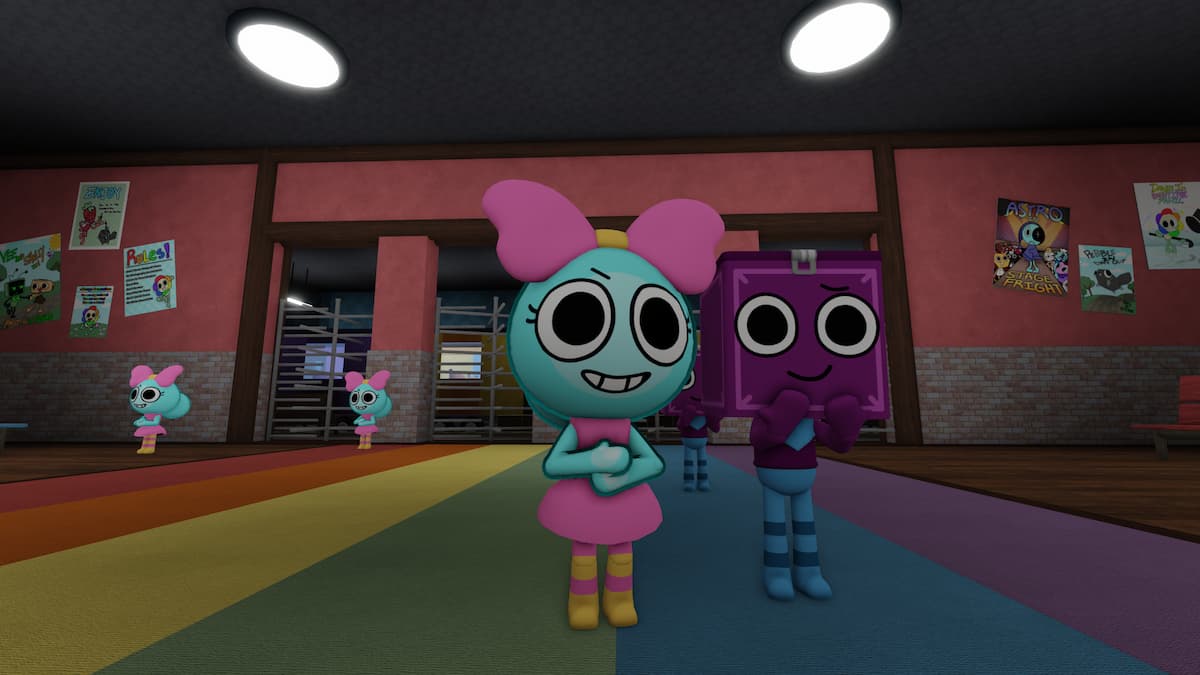
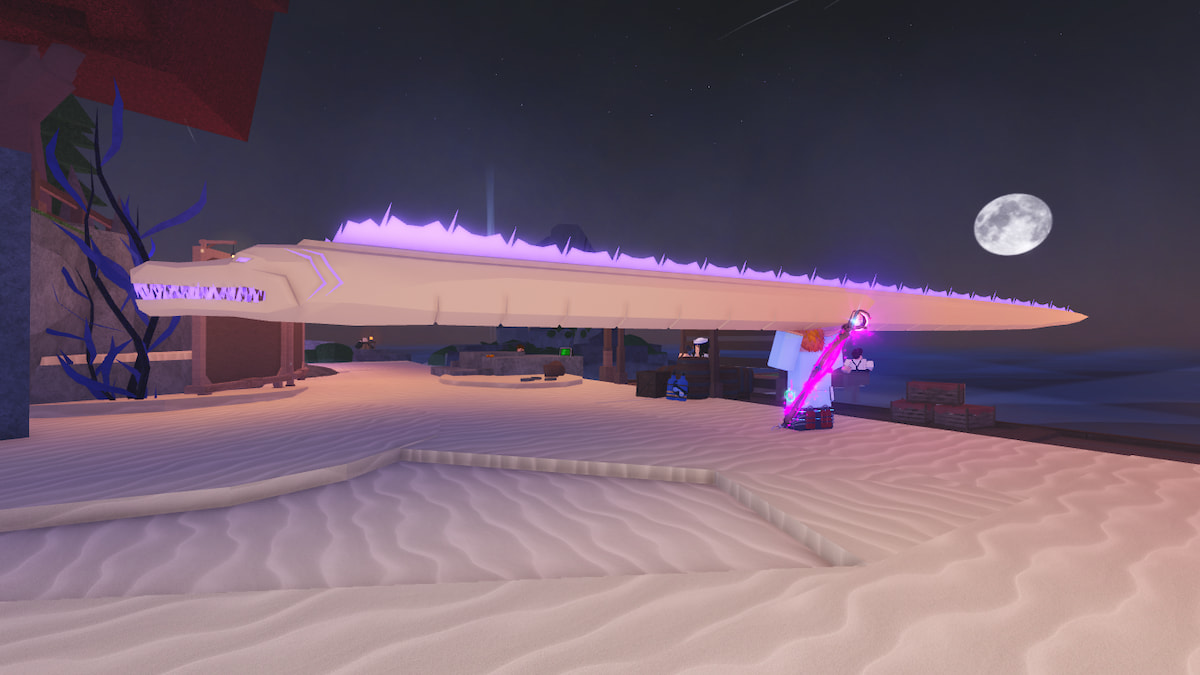
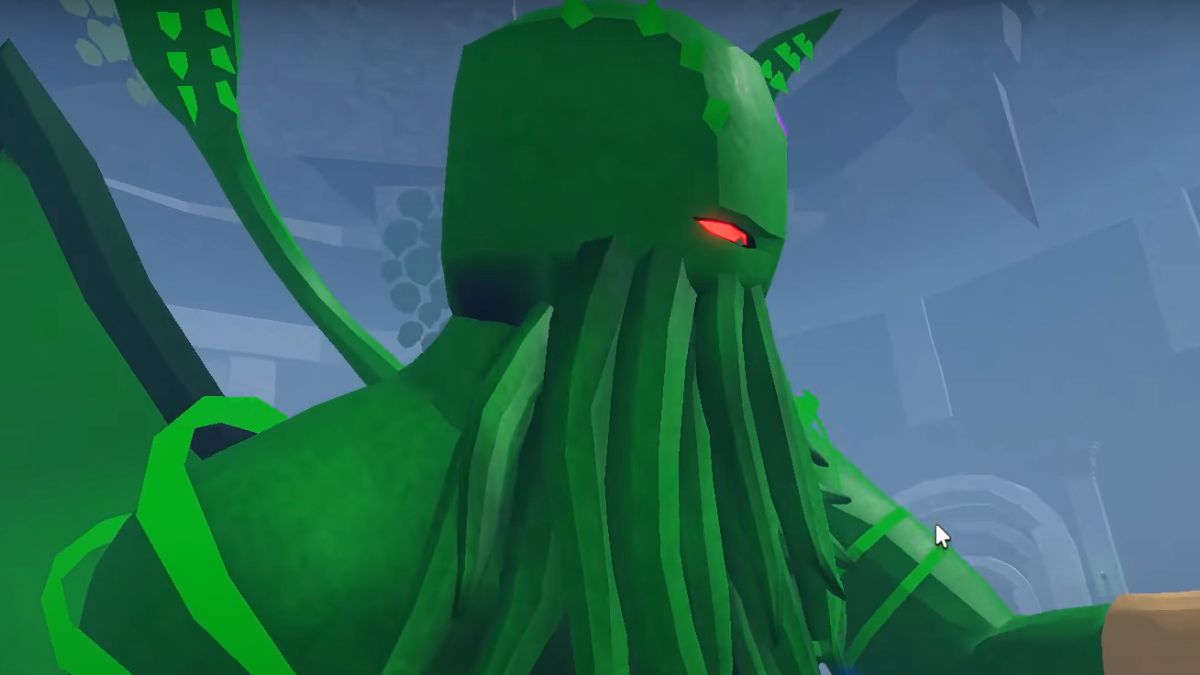

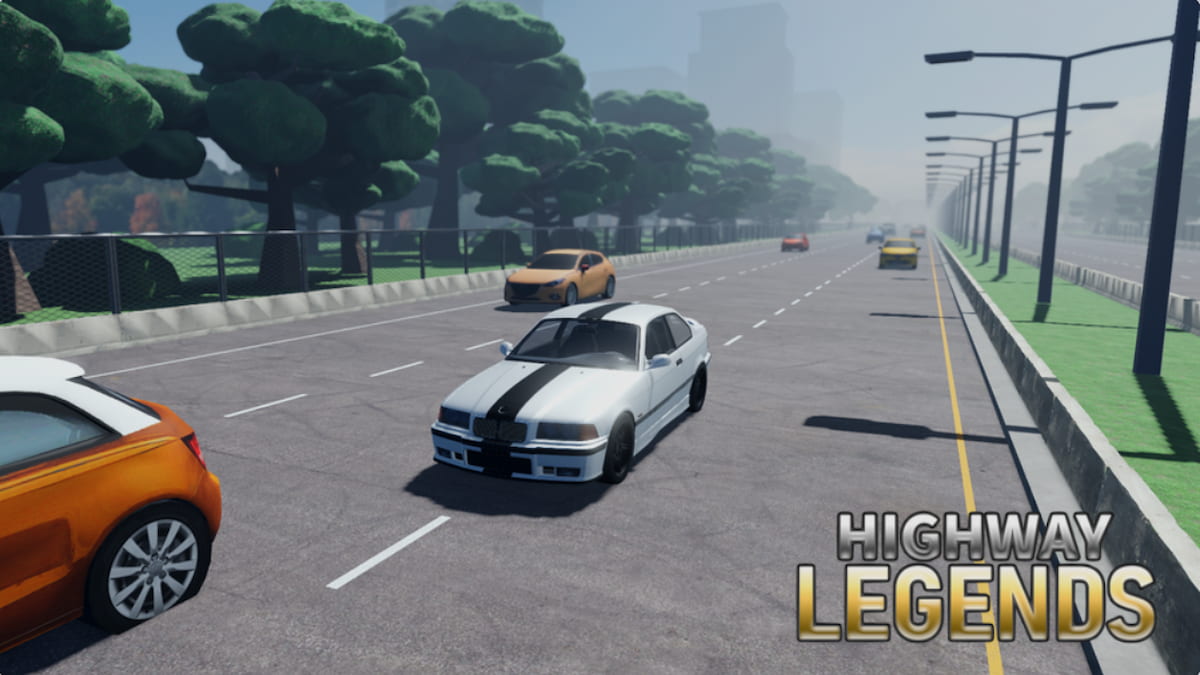
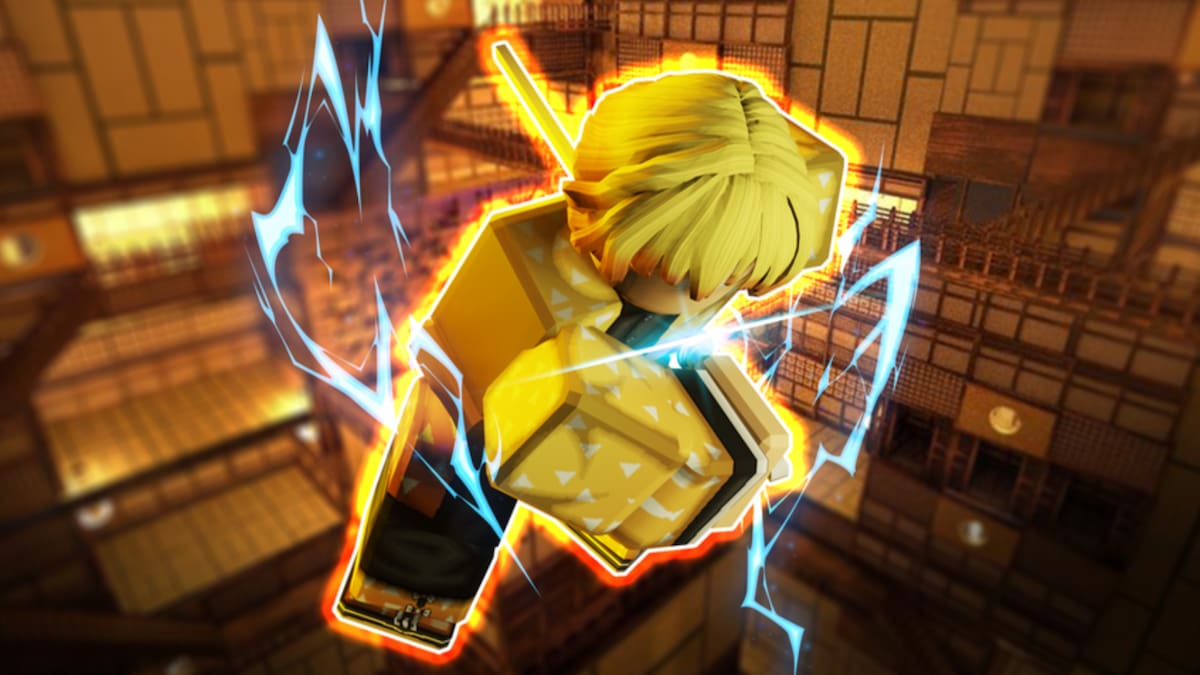
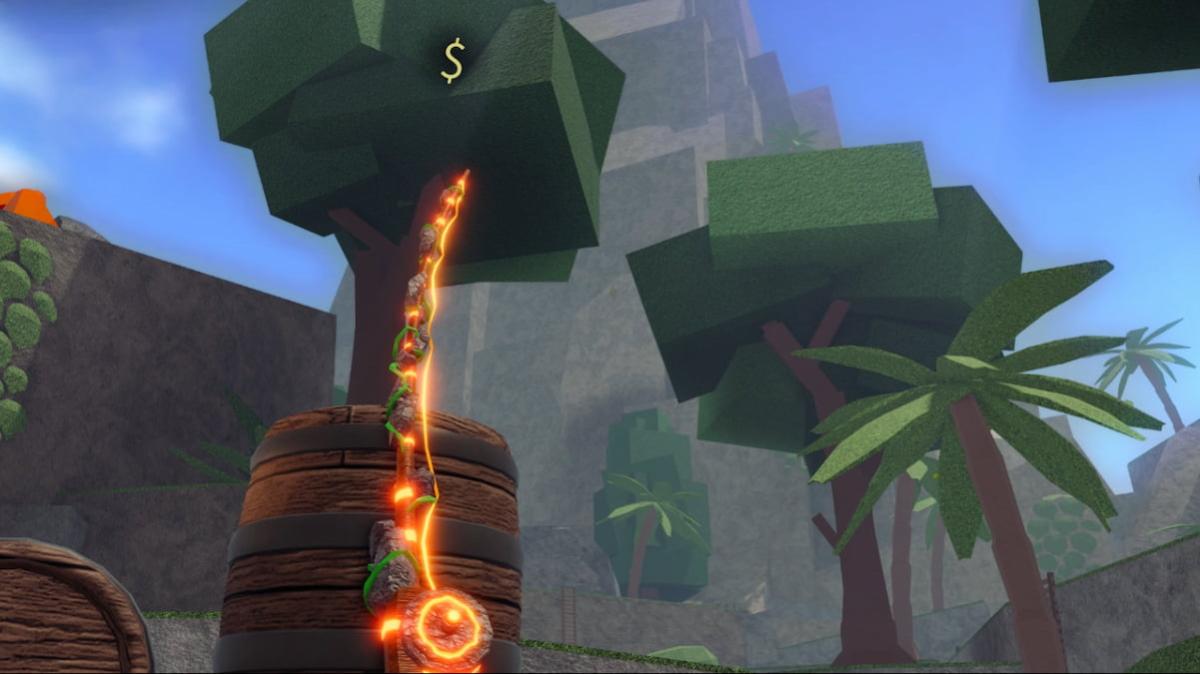


Published: Apr 8, 2024 06:39 am